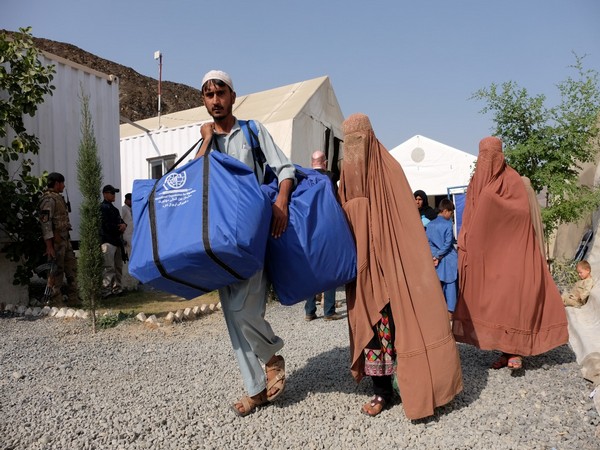Fear of Deportation Forces Afghan Migrants in Pakistan to Shun Healthcare
Afghan migrants in Pakistan increasingly avoid healthcare facilities due to fear of arrest and deportation. This trend exacerbates their physical and mental health, reported Khamaa Press with insights from Médecins Sans Frontières. Despite promises to pause deportations, the fear persists, impacting refugee well-being.

- Country:
- Pakistan
Afghan migrants residing in Pakistan are increasingly shunning hospitals and healthcare centers, driven by the persistent fear of arrest and deportation. Khamaa Press, referencing a report from Médecins Sans Frontières (MSF), highlights the growing health crisis among this community, where apprehension has deterred many from seeking necessary medical attention, even when gravely ill.
The findings by MSF, reported by Khamaa Press, reveal a troubling trend: Afghans' reluctance to pursue medical help exacerbates their health issues, both physically and mentally. As of November 2023, Pakistan intensified its deportation efforts against Afghan nationals. Originally aimed at undocumented migrants, this campaign now reportedly includes individuals with legal documents. Although Islamabad announced a temporary suspension of deportations for those holding valid residency cards until July 2025, this assurance has done little to assuage the pervasive fear gripping Afghans in Pakistan.
Pakistan, home to one of the largest Afghan refugee populations globally, faces mounting pressure from international bodies to halt its targeted deportation practices and improve healthcare access for Afghans. The UN has also expressed concerns over the surge in Afghan returnees, with UNAMA's Special Representative, Roza Otunbayeva, describing their return home as filled with anxiety rather than relief. The United Nations calls for urgent international assistance as over 1.3 million Afghans have already returned since 2025.
(With inputs from agencies.)
ALSO READ
Sweeping Immigration Enforcement Bill Sparks Debate
FACTBOX-Trump's immigration enforcement record so far, by the numbers
Naomi Osaka Finds Her Stride: Overcoming Fear at Wimbledon
China Eases European Fears Over Rare Earth Export Control
Federal Judge Blocks Trump's Asylum Ban, Upholds Immigration Laws










